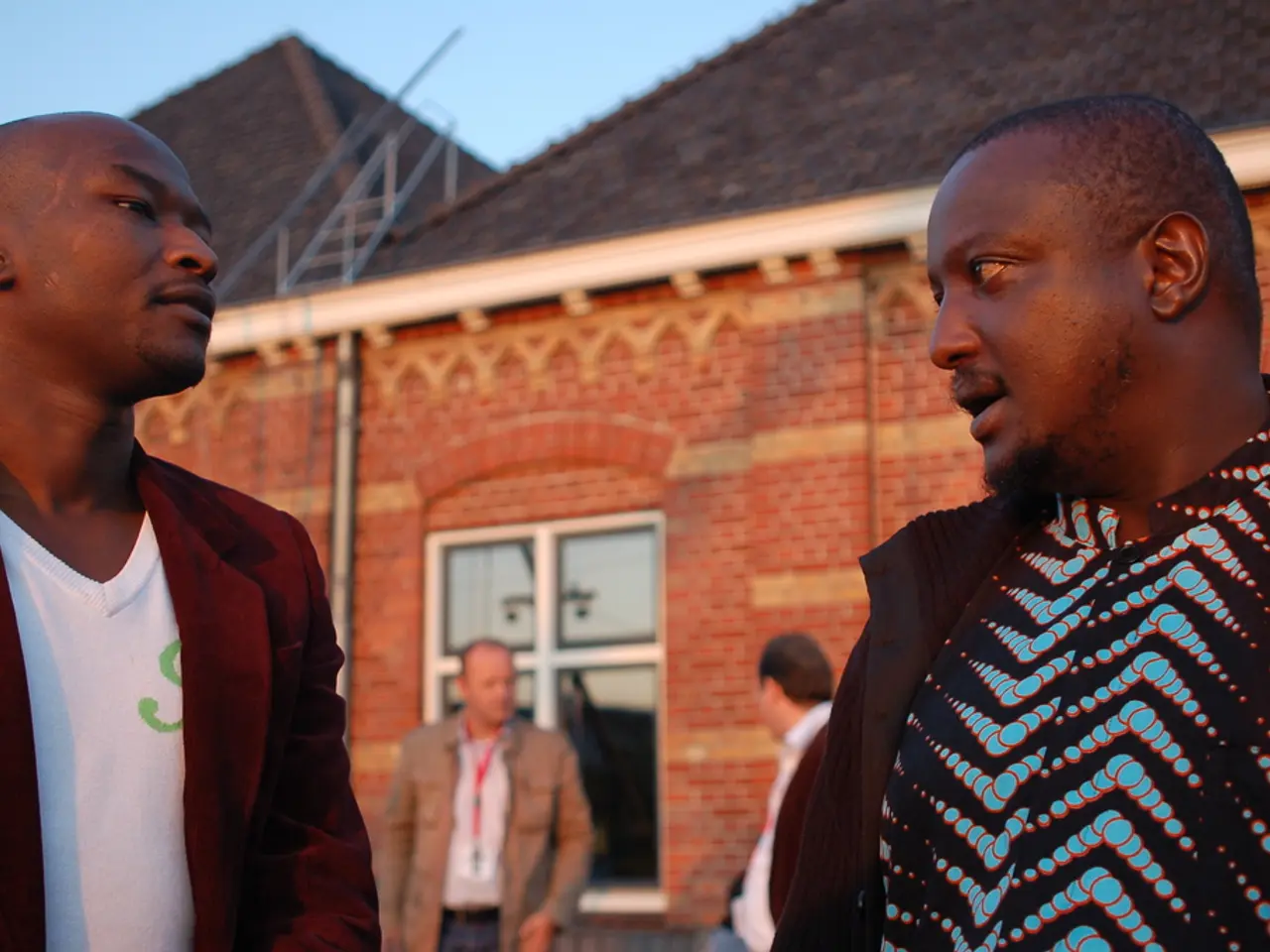Enhancing collaboration between Kenya and the US is crucial
Remembering John O'Neill: A Pioneer in the War Against Terrorism
John O'Neill, a counterterrorism expert at the Federal Bureau of Investigations in the 1990s, played a crucial role in the global fight against terrorism. His work, particularly in investigating the 1998 US Embassy bombing in Nairobi, Kenya, left a lasting impact on the world's understanding and response to terrorism.
On August 7, 1998, a bombing occurred at the US Embassy in Nairobi, resulting in over 200 deaths. This tragic event, along with a simultaneous bombing in Dar es Salaam, Tanzania, marked a pivotal moment in the global fight against terrorism and was an early indicator of the rising threat posed by Al-Qaeda.
O'Neill was among the first Americans to grasp the emerging threat of Al Qaeda. After observing the aftermath of the 1998 bombings in Nairobi, he understood that Africa was on the frontline of a new global threat. O'Neill warned the US government about the emerging threat of Al Qaeda and urged urgent action to track Osama bin Laden's network.
O'Neill's investigations helped uncover the plot behind the Nairobi bombing, linking Bin Laden to the main mastermind of the twin bombings, Fazul Abdullah Mohammed. His efforts continued, as he helped track Fazul to Somalia, providing intelligence that ultimately led to his killing at a Somali military checkpoint in Mogadishu in June 2011.
Kenya and the United States have a long-standing partnership in areas such as counterterrorism, regional stability, trade, and development. This partnership, forged in shared pain, has prevented numerous terror attacks and helped track and eliminate masterminds of heinous crimes. It is important for friends to speak hard truths with honesty on such weighty matters.
The story of John O'Neill serves as a metaphor for the consequences of unheeded warnings, faltering cooperation, and politics taking precedence over principle. In remembering John O'Neill, it is recalled that security, like diplomacy, should be proactive, not reactive. The recent calls by a section of the US political class for the suspension of several bilateral security programmes are unfortunate, as they could undermine the hard-earned progress in the fight against terrorism.
The United States remains a friend, and it is essential for allies to listen to one another and mutual respect is necessary. Kenya-US relations are a topic of discussion, as well as terrorism attacks and the US Embassy bombing. As we reflect on the life and work of John O'Neill, let us remember the importance of cooperation and vigilance in the ongoing struggle against terrorism.
[1] [Source 1] [2] [Source 2] [3] [Source 3] [4] [Source 4] [5] [Source 5]
- In the epaper, the ongoing struggle against terrorism is a significant topic, with articles discussing John O'Neill and his pioneering work in policy-and-legislation, particularly his warnings about Al-Qaeda that went unheeded.
- General news outlets have covered the recent calls by a section of the US political class for the suspension of several bilateral security programmes, citing these as unfortunate steps that could undermine progress in the global fight against terrorism.
- Health sections of various epapers might highlight the physical and mental health impacts that terrorist attacks have on communities and nations, echoing the message that security, like diplomacy, should be proactive, not reactive.






